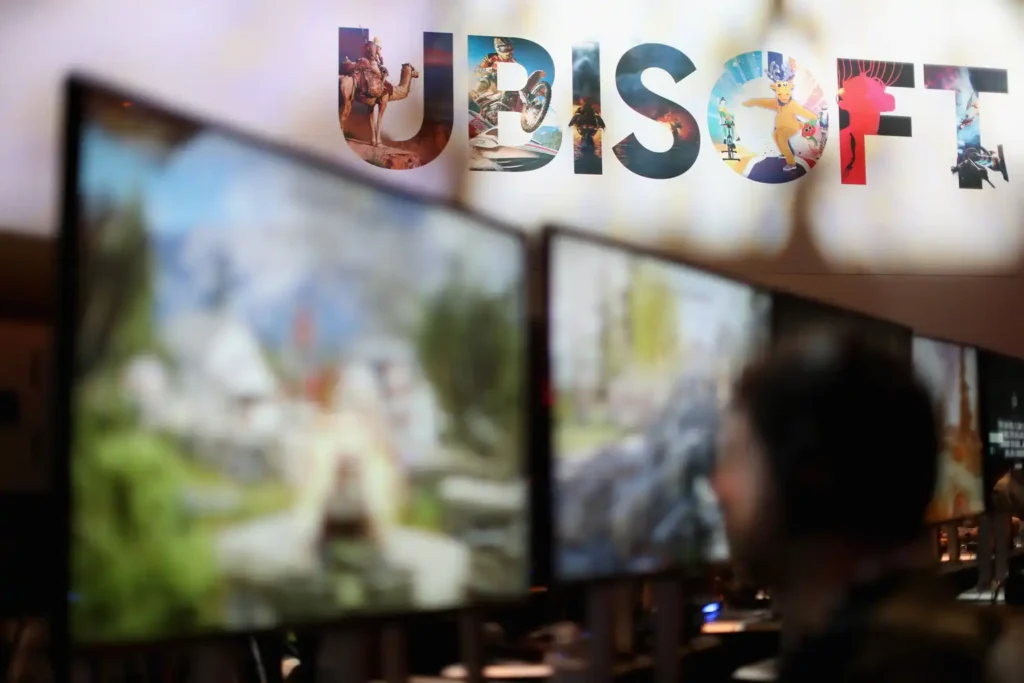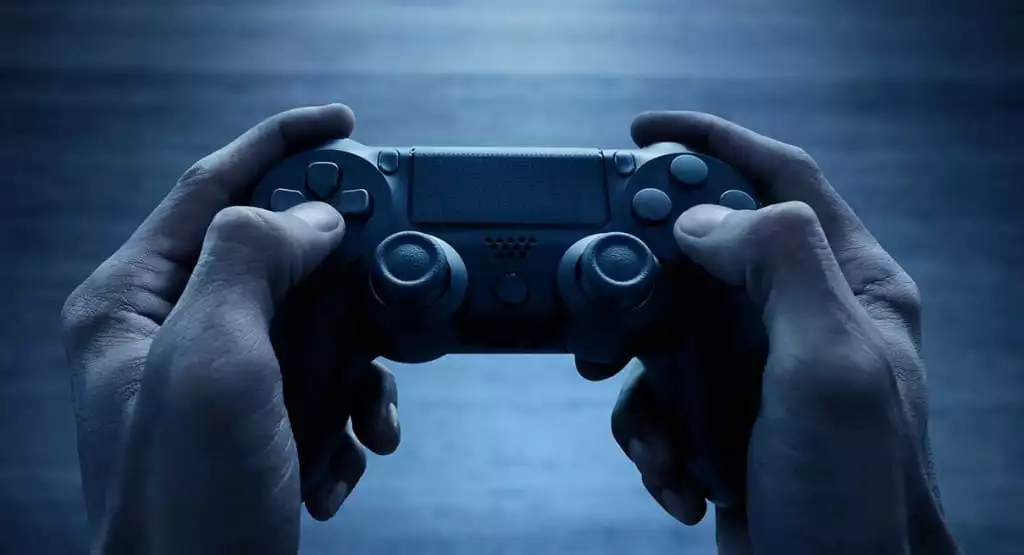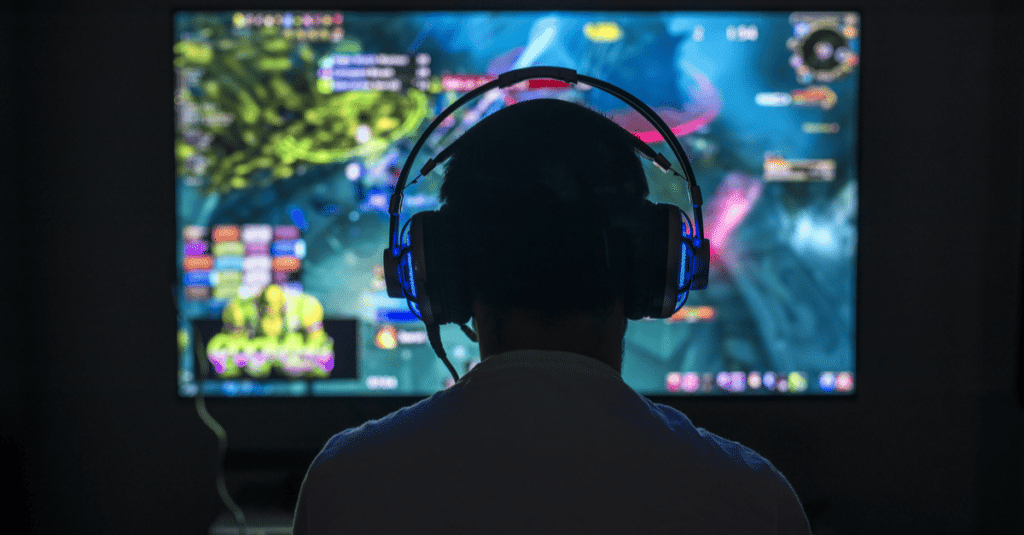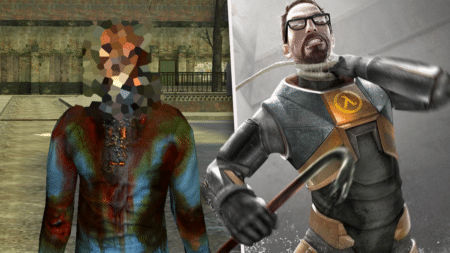Video games are an incredible form of entertainment that has the power to immerse players in virtual worlds and stories. However, the video game industry, like any other industry, is not immune to piracy. Piracy refers to the act of illegally downloading, copying, or distributing copyrighted material, including video games. While some may argue that piracy is a victimless crime, the truth is that it can have harmful effects on the industry and the players who support it.
Financial Losses for Game Developers

One of the most obvious reasons why piracy is bad for the video game industry is that it leads to financial losses for game developers. Creating a video game is an incredibly expensive and time-consuming process that can take years to complete. Developers rely on sales of their games to recoup these costs and make a profit. When people pirate their games, they are essentially stealing their hard work and denying them the income they deserve.
According to a report by the Entertainment Software Association, video game piracy costs the industry an estimated $29 billion every year. This is a staggering amount of money that could be used to fund future game development and create even better games. The financial losses from piracy also make it harder for developers to take risks and create new and innovative games, as they must prioritize games that are more likely to sell well.
Harmful Effects on Game Quality and Innovation

As mentioned above, the financial losses from piracy can make it harder for developers to take risks and create new and innovative games. This can lead to stagnation in the industry, where developers are only interested in creating safe and familiar games that are more likely to sell well. This lack of innovation can result in a decline in game quality, as developers may not have the resources or incentive to create truly great games.
Additionally, piracy can harm the quality of games in other ways. When developers lose money from piracy, they may have to cut corners or rush development to make up for the lost income. This can result in games that are buggy, unpolished, and generally lower in quality. Piracy can also make it harder for developers to support their games after release, as they may not have the resources to create patches or new content.
Negative Effects on the Gaming Community

Finally, piracy can have negative effects on the gaming community as a whole. When people pirate games, they are essentially saying that they don’t think the game is worth paying for. This can lead to a devaluation of games and a lack of respect for the hard work that goes into creating them. It can also create a sense of entitlement among players, where they feel that they should be able to have access to any game they want, regardless of whether they pay for it or not.
Piracy can also harm the online gaming experience for legitimate players. Many games rely on online multiplayer to provide a fun and engaging experience, but piracy can lead to an influx of cheaters and hackers who ruin the game for everyone else. Pirated copies of games may also lack the necessary updates and patches, making them incompatible with the latest version of the game and creating an unfair advantage for those who have legitimately purchased the game.
Conclusion
Piracy is a serious issue that can have harmful effects on the video game industry, including financial losses for game developers, a lack of innovation and declining game quality, and negative effects on the gaming community. It is important for players to recognize the impact that piracy can have and to support the industry by purchasing games legally. By doing so, we can ensure that the video game industry continues to thrive and that we continue to have access to high-quality, innovative games.










